The Cuban Missile Crisis
The Tense Standoff Between the US and USSR That Brought the World to the Brink of Nuclear War
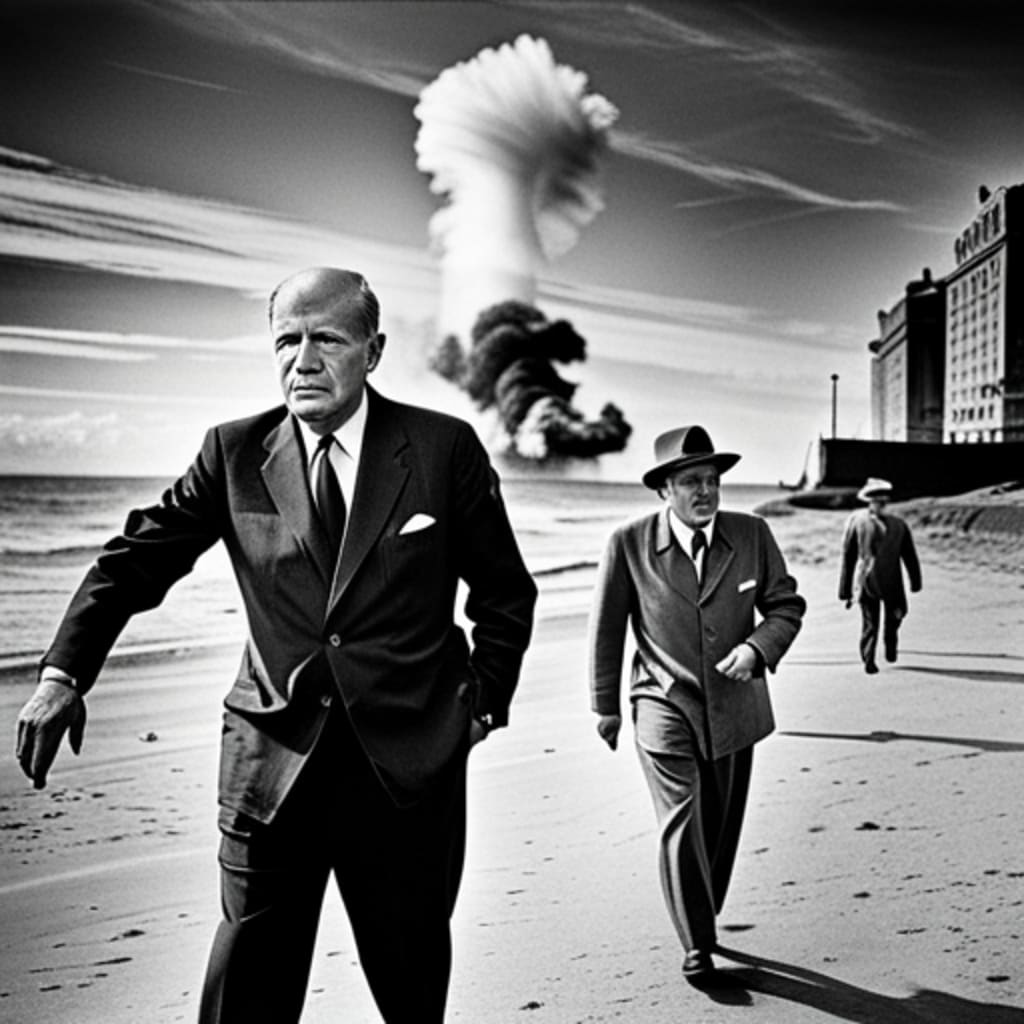
In the fall of 1962, the world was on the brink of nuclear war as the United States and the Soviet Union engaged in a tense standoff over the placement of nuclear missiles in Cuba. The Cuban Missile Crisis was a pivotal moment in the Cold War and is considered one of the closest moments the world has come to nuclear war.
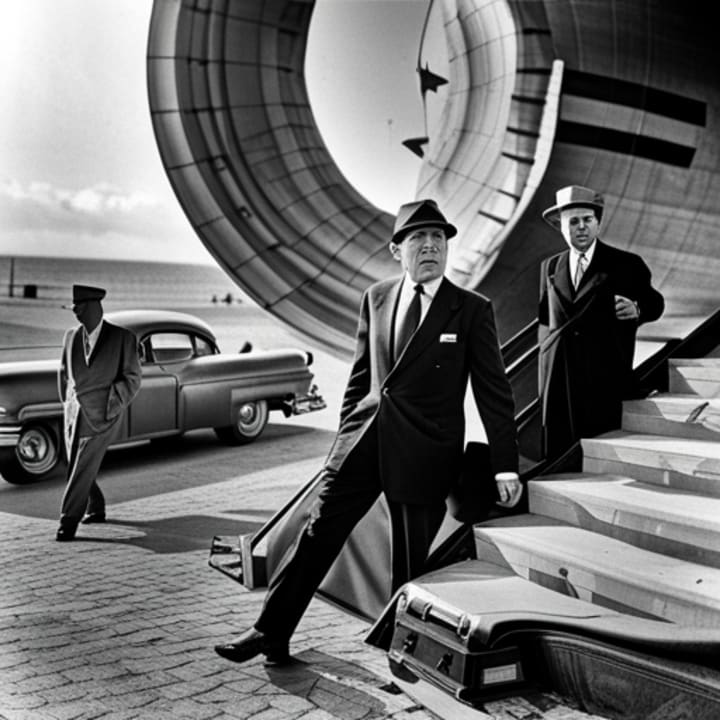
Background
In the aftermath of the Cuban Revolution in 1959, the United States became increasingly concerned about the influence of the Soviet Union in the Western Hemisphere. The Soviet Union, led by Premier Nikita Khrushchev, sought to spread communism around the world and saw Cuba as a strategic location to establish a foothold in the Americas. In May 1960, the Soviet Union began providing military aid to Cuba, including weapons and advisers.
In April 1961, the United States launched the Bay of Pigs invasion, an unsuccessful attempt to overthrow the Cuban government. The failed invasion strengthened Cuba's ties with the Soviet Union, and Khrushchev began to see the island nation as a potential location for Soviet missiles.
The Crisis Unfolds
In July 1962, the United States became aware of Soviet missile shipments to Cuba. President John F. Kennedy and his advisors decided to respond with a naval blockade of Cuba, which they termed a "quarantine." Kennedy announced the quarantine on national television on October 22, 1962, and warned the Soviet Union against any further missile shipments to Cuba.
The Soviet Union responded by insisting that the missiles in Cuba were defensive in nature and threatened to take action if the United States interfered. The world watched nervously as the two superpowers engaged in a standoff that seemed to be leading inevitably to war.
As the crisis deepened, the United States and the Soviet Union began to engage in secret negotiations. Kennedy and Khrushchev exchanged letters, with both sides attempting to find a way to resolve the crisis without resorting to war. The Soviet Union offered to remove the missiles if the United States agreed not to invade Cuba and removed its own missiles from Turkey.
After several tense days, the United States agreed to the Soviet Union's terms, and the crisis was resolved peacefully. The Soviet Union removed the missiles from Cuba, and the United States promised not to invade Cuba and removed its missiles from Turkey.
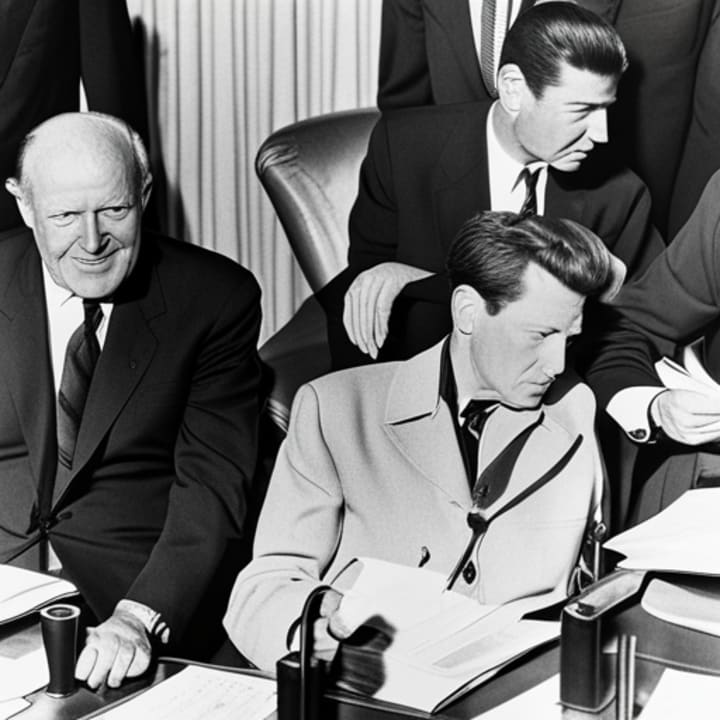
Impact
The Cuban Missile Crisis had a profound impact on the Cold War and international relations. It demonstrated the dangers of nuclear weapons and the need for effective communication and diplomacy between nations. It also highlighted the importance of international law and the need for cooperation between nations to prevent nuclear war.
The crisis also had a significant impact on the political careers of Kennedy and Khrushchev. Kennedy was widely praised for his handling of the crisis, while Khrushchev was criticized for his aggressive actions. Khrushchev was removed from power in 1964, and the Soviet Union began to pursue a policy of détente with the United States.
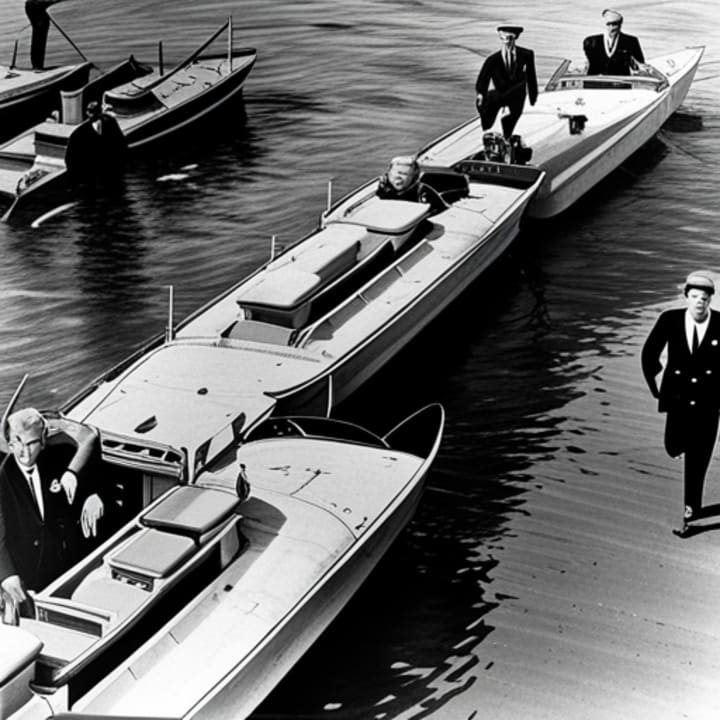
Conclusion
The Cuban Missile Crisis was a pivotal moment in world history that brought the world to the brink of nuclear war. It demonstrated the importance of diplomacy and the dangers of nuclear weapons. The crisis had a significant impact on the Cold War and international relations, and it continues to be studied and analyzed by historians and political scientists today.
About the Creator
Enjoyed the story? Support the Creator.
Subscribe for free to receive all their stories in your feed. You could also pledge your support or give them a one-off tip, letting them know you appreciate their work.


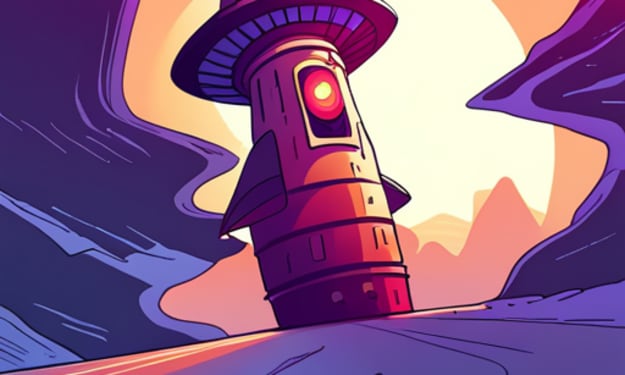



Comments
There are no comments for this story
Be the first to respond and start the conversation.